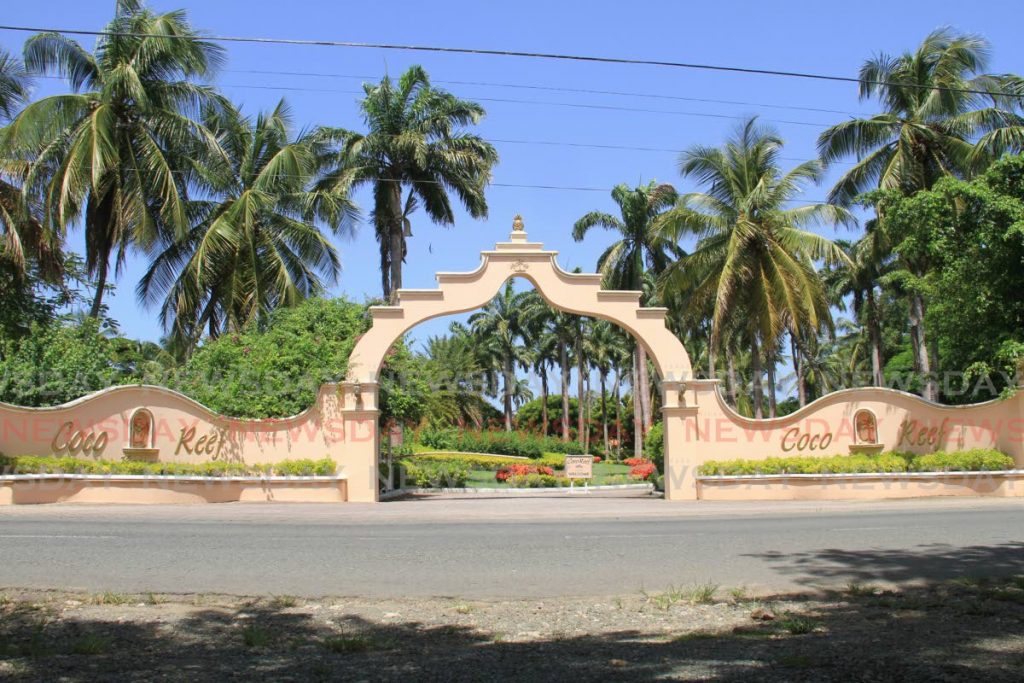Amcham advises companies to plan for disasters, pandemics

Companies must include continuity planning among their long-term strategic goals, especially since the region is vulnerable to the negative impact of natural disasters and pandemics, American Chamber of Commerce of TT (Amcham TT) president Patricia Ghany said on Thursday.
"The frequency of disasters in this region means that recovery can take years. We know that our region will almost always be susceptible to sudden and quick changes affecting both our lives and business," said Ghany. "If it’s not covid19, it’s going to be the impact of climate change. The point is, if we are going to survive, we must make business continuity planning part of our long-term company strategic vision."
Ghany gave the opening remarks at a three-day workshop hosted by Amcham, consisting of 60 participants. It started on Tuesday, continued on Thursday, and ends on Tuesday.
The chamber, through its Private Sector Alliance for Disaster Resilience Societies (Arise) initiative, has engaged the private sector in an effort to build more risk-resilient enterprises.
It is fundamentally intended to assist businesses resist, cope and recover quickly during times of sudden shocks, emergencies and disasters.

Amcham, in partnership with the UN Office for Disaster Risk Reduction and the Office of Disaster Preparedness and Management (ODPM), launched a business continuity planning (BCP) workshop to support micro, small and medium enterprises (MSMEs), which do not have dedicated departments to address BCP measures within their organisations.
Amcham said the BCP workshop provides a framework for MSMEs to start identifying and addressing the exposure to risks of their businesses, and to prioritise areas for preventive action.
"It also seeks to raise awareness of inherent business risks and to be a catalyst for developing risk informed strategies in MSMEs," it said.
At the launch, Ghany said the region's vulnerability is "multi-dimensional," and includes economic, social and environmental factors.
Amcham said it was in this context the support to MSMEs in areas of understanding of risk, business continuity and disaster risk reduction is considered vital to ensuring a quick and resilient economic and social recovery after sudden adverse events.
"Despite the region’s exposure to multiple hazards, (the chamber) recognises that the private sector has the capacity to serve as a catalyst for bringing disaster risk information to other social sectors, supporting risk-informed governance, and helping the government to fulfil its 2030 Agenda obligations, most notably the sustainable development goals (SDGs); the Sendai Framework for Disaster Risk Reduction; and the Paris Agreement on Climate Change."
A statement issued by the chamber added, "Against this backdrop, the BCP workshop will support the Arise initiative, which looks at engaging the private sector on these important matters.
"The private sector plays a critical role in national development and is an essential partner with the public sector in the national response and recovery plans during times of national disasters and other sudden shocks and emergencies," Ghany was quoted as saying.
"Therefore, Amcham TT believes it is necessary for MSMEs to become more risk-resilient so that they can recover quickly and contribute more towards ensuring social change, economic diversity, reducing poverty and achieving greater gender inclusion."
Retired major general and CEO of the ODPM Rodney Smart said the BCP strategy for the public service in TT is aligned with the comprehensive disaster management policy framework for TT and the national response framework, the latter of which applies a three-level response system.
Smart said the policy essentially acknowledges that a major disruption can potentially lead to a country-wide disaster, the response to which may have to be co-ordinated by the ODPM.
"The purpose of the strategy," Smart said, "is to ensure timely and effective business continuity, disaster preparedness, response and total business recovery, should a major interruption occur in TT."

Comments
"Amcham advises companies to plan for disasters, pandemics"